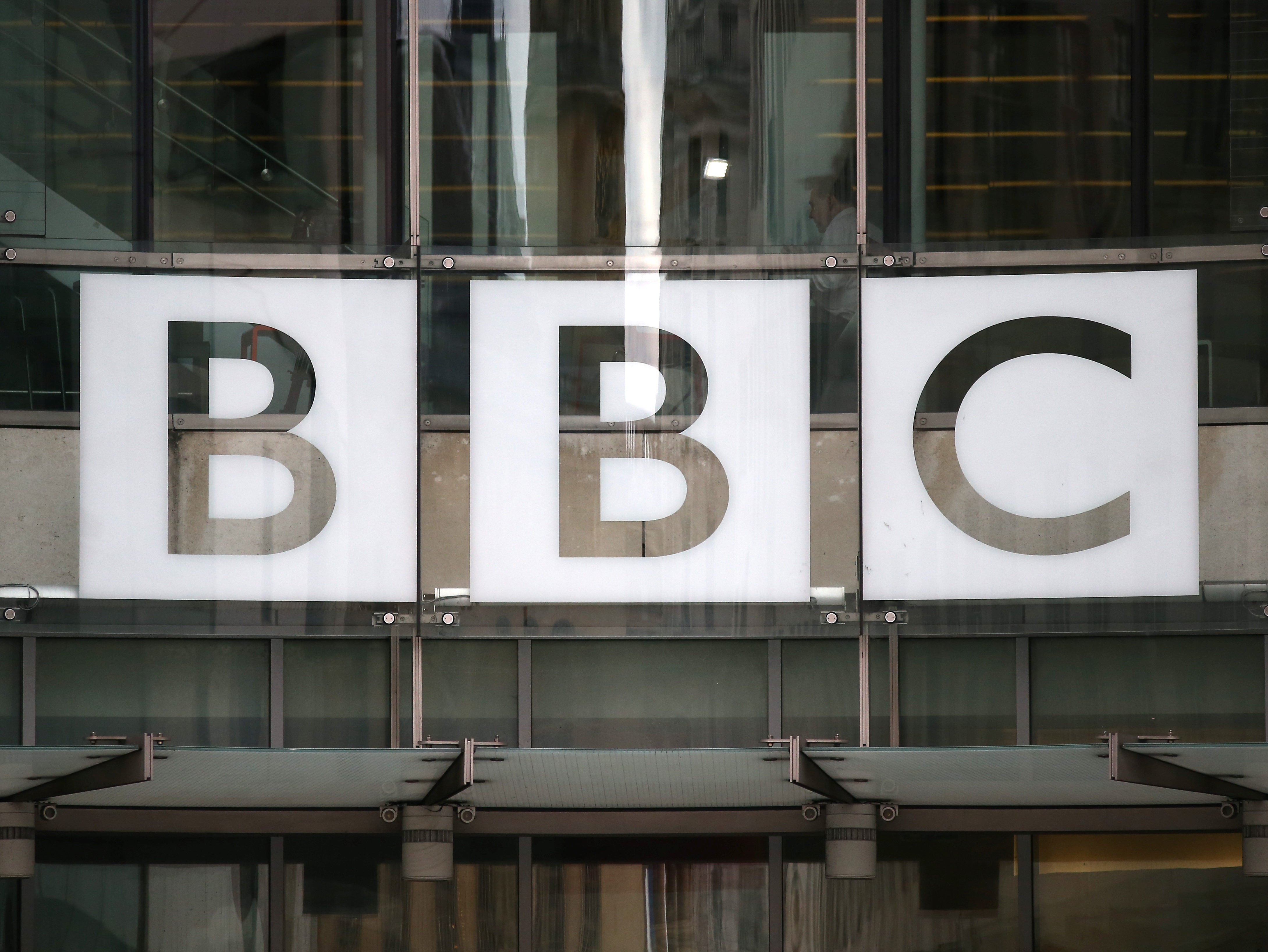
The BBC has appealed to the United Nations in Geneva for the first time in its history to protect the human rights of BBC journalists – and their families – covering Iran.
It follows what the corporation describes as “years of persecution and harassment” by the Iranian authorities against staff and contributors to the London-based service, which escalated last year.
A report to be read out at the UN Human Rights Council today claims some BBC Persian staff have been photographed while in London to “impress upon their families that their relative was being watched”.
BBC director general Tony Hall said: “The BBC is taking the unprecedented step of appealing to the United Nations because our own attempts to persuade the Iranian authorities to end their harassment have been completely ignored.
“In fact, during the past nine years, the collective punishment of BBC Persian Service journalists and their families has worsened. This is not just about the BBC – we are not the only media organisation to have been harassed or forced to compromise when dealing with Iran.
“In truth, this story is much wider: it is a story about fundamental human rights. We are now asking the community of nations at the UN to support the BBC and uphold the right to freedom of expression.”
A court order freezing the assets of BBC Persian staff, preventing them and their families from passing on or selling assets – from property or cars – was also passed by Iranian authorities.
“This is a deprivation of human rights which is against the Iranian constitution,” the BBC said in a statement at the time as it filed an “urgent complaint” to the United Nations (UN).
The dispute appears to centre on 2009 Iranian presidential elections when the government accused foreign powers of interference. It was also the year BBC Persian began broadcasting.
Represented by Caoilfhionn Gallagher QC and Jennifer Robinson of Doughty Street Chambers, the BBC World Service today filed an urgent appeal to UN Special Rapporteurs David Kaye and Asma Jahangir on behalf of BBC Persian staff.
This week BBC journalists will address the Human Rights Council session for the first time to call upon member states to “take action to protect BBC staff and to ensure their ability to report freely”, according to a BBC spokesperson.
Working with the International Federation of Journalists (IFJ), the BBC has organised a series of events at a session of the UN Human Rights Council in Geneva this week about BBC Persian.
Jeremy Dear, deputy general secretary of the International Federation of Journalists, said: “For many years Iranian journalists have suffered, been forced into hiding, fled into exile, been arrested, jailed and subjected to routine harassment, violence and intimidation.
“Iranians now increasingly turn to the international media to find out what is happening in their own country. Targeting family members in Iran in an attempt to silence journalists working in London must be stopped – the international community must act now.”
Today in Geneva, the late UN Special Rapporteur for Human Rights in Iran, Asma Jahangir’s report will be tabled and discussed at the Human Rights Council.
It states: “In the course of her missions, the Special Rapporteur also met individuals working for the Persian Service of the British Broadcasting Corporation.
“They described how they and their families in the Islamic Republic of Iran had been harassed by the authorities, and threatened if they continued to work for the Service. Some were arbitrarily arrested, detained, and subjected to travel bans.
“In August 2017, a court in Tehran issued an injunction banning 152 members of staff, former employees, and contributors from carrying out financial transactions in the country on account of “conspiracy against national security”.
“Until the time of writing, the injunction has not been lifted and harassment has continued. The Special Rapporteur was disturbed after hearing the accounts of the staff members, observing that many preferred to talk individually and in strict privacy.
“It has been also reported that some staff members have been photographed while in London to impress upon their families that their relative was being watched.
“The level of fear that Iranians have whether inside the country or outside of it can be illustrated by the fact that the staff members have endured such intimidation for over twelve months.
“In October 2017, Special Procedure mandate holders issued a statement calling upon the Islamic Republic of Iran to cease all legal action against the staff and their families, and to cease the use of repressive legislation against independent journalism.”
Picture: Reuters/Neil Hall
Email pged@pressgazette.co.uk to point out mistakes, provide story tips or send in a letter for publication on our "Letters Page" blog
